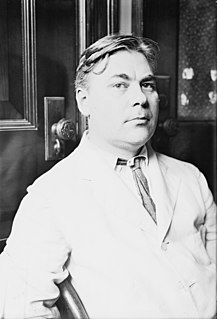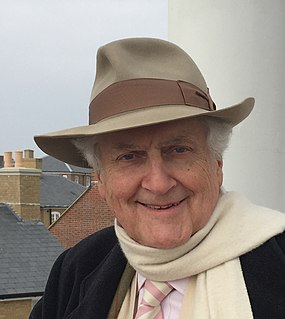A Quote by Don Marquis
The trouble with the public is that there is too much of it; what we need in public is less quantity and more quality.
Related Quotes
All is more or less proper to serve as a common measure, in proportion as it is more or less in general use, of a more similar quality, and more easy to be divided into aliquot parts. All is more or less applicable for the purpose of a general pledge of exchange, in proportion as it is less susceptible of decay or alteration in quantity or quality.
The best way to alleviate the obesity "public health" crisis is to remove obesity from the realm of public health. It doesn't belong there. It's difficult to think of anything more private and of less public concern than what we choose to put into our bodies. It only becomes a public matter when we force the public to pay for the consequences of those choices.
Happy family: The existence and maintenance of [this] is thought to make a politician fit for public office. According to this theory, the public are less concerned by whether or not they are effectively represented than by the need to be assured that the penises and vaginas of public officials are only used in legally sanctioned circumstances.
To attach full confidence to an institution of this nature, it appears to be an essential ingredient in its structure, that it shall be under private and not a public direction-under the guidance of individual interest, not of public policy; which, would be . . . liable to being too much influenced by public necessity.
All buildings, large or small, public or private, have a public face, a facade; they therefore, without exception, have a positive or negative effect on the quality of the public realm, enriching or impoverishing it in a lasting and radical manner. The architecture of the city and public space is a matter of common concern to the same degree as laws and language—they are the foundation of civility and civilisation.
Is it a coincidence that stories from the private life became more popular just as the grand hope for public redemption through revolution was beginning to sour? I witnessed a similar shift in taste in my own time. In the 1960s, while a hopeful vision of a just society arose again, countless poems and plays concerning politics and public life were written, read, and performed. But after the hope diminished and public life seemed less and less trustworthy, this subject was less in style.
In a Society becoming steadily more privatized with private homes, cars, computers, offices and shopping centers, the public component of our lives is disappearing. It is more and more important to make the cities inviting, so we can meet our fellow citizens face to face and experience directly through our senses. Public life in good quality public spaces is an important part of a democratic life and a full life.






































